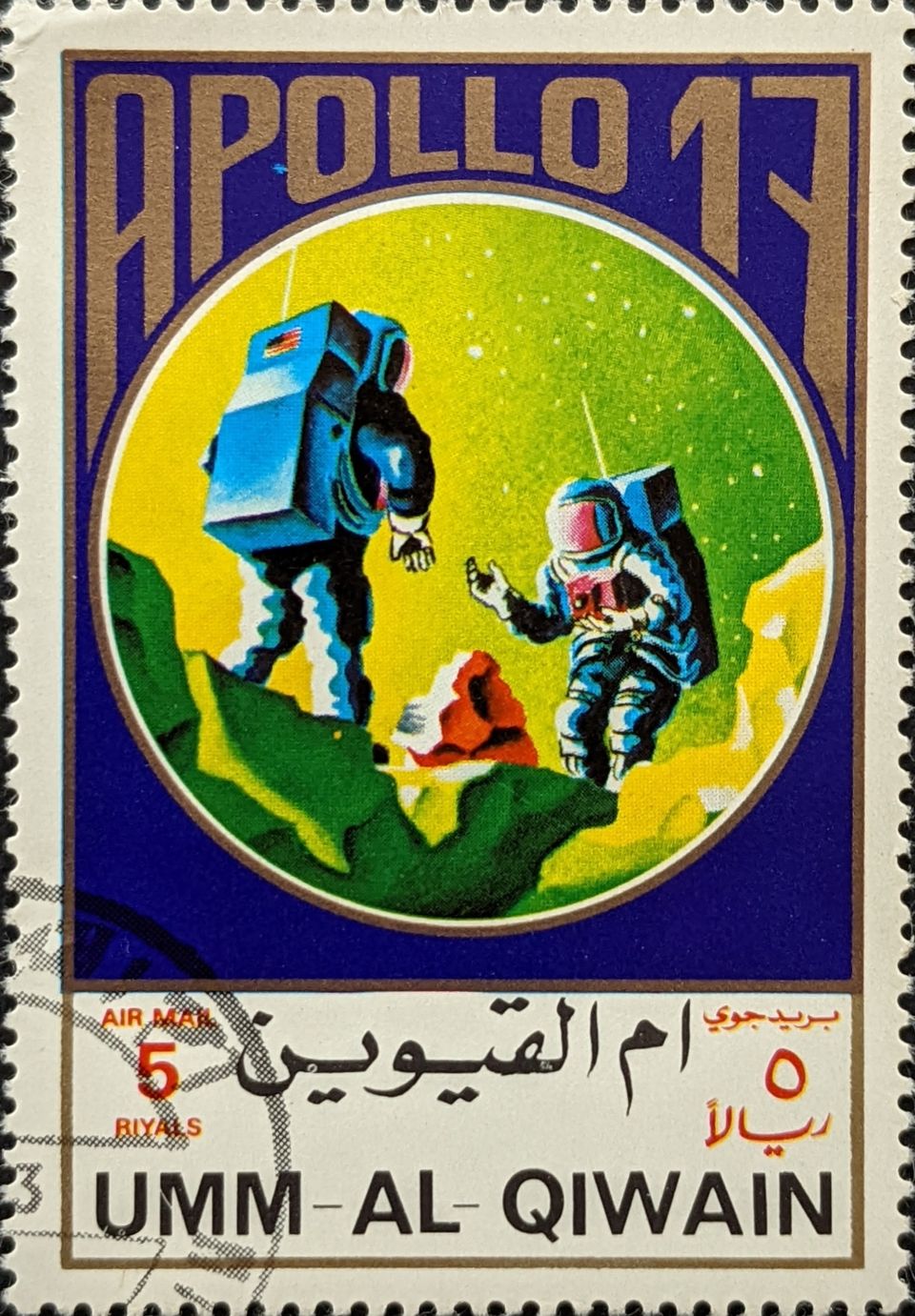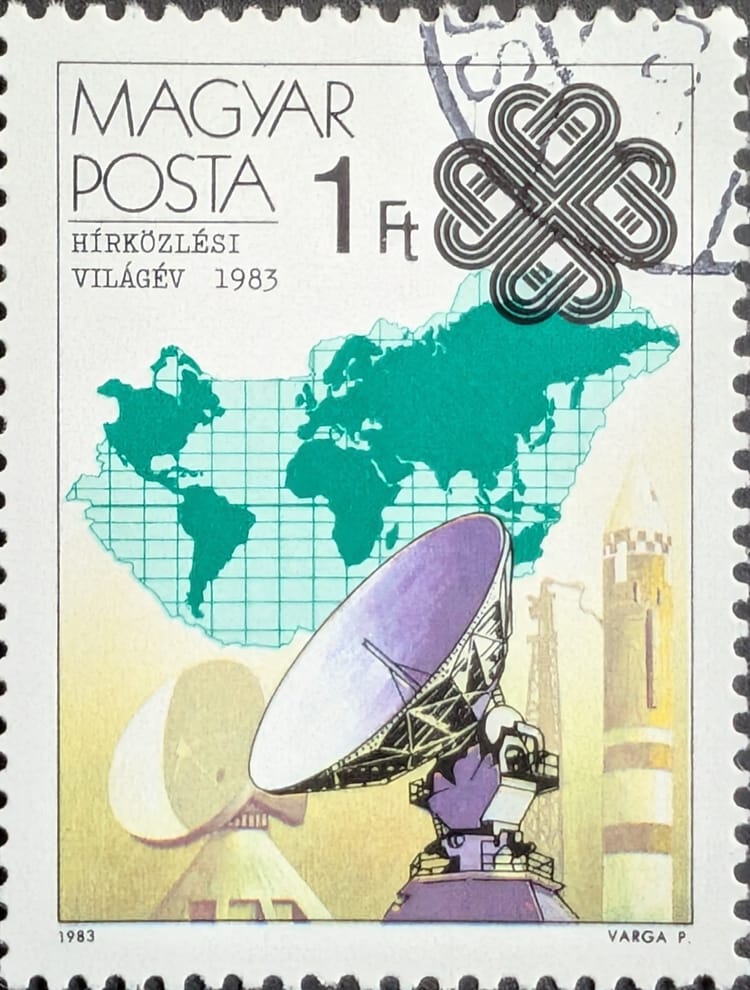Bernie Sanders’ and NASA’s Spending

Have You Seen the Mitten Man?
For a fellah who inadvertently started a meme involving mittens, U.S. Senator Bernie Sanders’ mitten-handed efforts to depict income inequality by pointing at the U.S. space industry seem like a natural outcome. In one of the latest news stories to repeat his worries, he is very concerned that NASA is becoming the automatic teller machine (ATM) for billionaires Jeff Bezos and Elon Musk. From the Insider article:
"’I am concerned that NASA has become little more than an ATM machine to fuel a space race not between the US and other countries, but between the two wealthiest men in America – Elon Musk and Jeff Bezos, who are worth more than $450bn combined,’ Sanders wrote.”
As an observation, we always knew the senator was a little old-fashioned and his quaint notion of two technocrats using ATMs instead of Venmo or Zelle is entertaining. As is the fact that he believes NASA is even using avant-garde ATM technology for its transactions (that would be an improvement to its current system).
Sanders points out his list of problems–rich space guys, homelessness, joblessness, and the uninsured–but never extends a solution. If he were a student in one of my managing innovation classes, his level of performance would show that he’s contributing very little to the conversation. All he is accomplishing is bringing forth data, and it’s old and uninteresting data at that, without context and just a bit of an agenda. Just bringing up data and then letting it sit on the floor like it’s something found in a dog park represents at best a C-level of performance. He (and his voters) would be better served by Sanders not just presenting the data, but then using it to logically draw recommendations and projections (which would be an A-level performance). Nothing in his lamentations even comes close.
However, his statements may be worth exploring if only to show there are plenty of opportunities to present A-level information.
Aiming at the Nerds Instead of the Robbers
His big data point latches on to the notion that Bezos and Musk are the bad guys in this scenario, just because they’re already wealthy and seem to be having their way with NASA. I tend to agree, based on the behaviors and statements from those two, that they are probably wealthy jerks. But I also get the impression that they were jerks before they were wealthy. What makes them targets of Sanders’ ire is the fact that they are wealthy, which appeals to the more woolly-brained voters in his district. In their minds, rich people=bad. But all of this does not mean that NASA is uncritically providing funds for their personal space “hobbies.”
A few inconvenient truths need to be spelled out against Sanders’ assumptions. The first is NASA's entire yearly budget, part of which is spent on contracting with companies like SpaceX, Boeing, Lockheed, etc., is less than 1% of all annual U.S. government spending. His implication that NASA's allocated contracts could be money better spent elsewhere is akin to the actions of an inept and misguided Robin Hood who decides he must rob from the poorer to help the poorest. There are much larger fish with less benevolent aims to fry. I am not defending wealth, behaviors, or motivations. But here’s the thing–Bezos and Musk are merely the most obvious users (in some circles, the most popular) of the NASA Venmo app and not even the system’s worst offenders.
Sanders’ indignation would be better placed if he questioned why so many billions have been given to U.S. defense and aerospace companies for so long with so little to show for it (such as their work on the space launch system or Starliner). His indignation would be better supported, as those programs (and quite a few military space projects) always cost more and take longer than when their concepts were originally sold to the government. Both Inspector General (IG) and General Accountability Office (GAO) reports have been issued on nearly every single one. They almost always have the same message: the projects cost too much, are late in reaching critical milestones, and may even be unnecessary. And they are projected to cost much more than the program offices usually report.
It almost seems that for every successful company like SpaceX, there are at least five companies that are successful in extracting value from the government with little to show for it. Musk, in particular, has an annoying tendency (to those who routinely bet against him) to succeed. Aside from Blue Origin’s full-scale static display of a rocket factory across from the Kennedy Space Center visitor parking lot, I would say that not even Bezos and his company should be put in the same “success” category that Musk enjoys. However, Sanders is correct to question what he calls the “bailout fund”--the additional billions congress seems to be considering to allow NASA to consider Blue Origin in its moon lander plans.
The Man in the Mirror and His Choices
This brings up the other inconvenient truth–Bezos and Musk don’t control NASA’s purse strings–ultimately, Congress does (with the Senate’s blessing and endless amending). This is the same group of people that somehow thought they could direct how NASA’s Space Launch System would be manufactured so long ago. It’s the same group that ignores those IG and GAO reports and continues to throw in good money after bad. Their consistency in, and continued willingness to, ignore reality in space launch makes it difficult to imagine how SpaceX ever got its foot into the door. Instead of poking at NASA, Sanders needs to be pointing at the mirror.
There is another issue for Sanders to consider, however, even as he targets the space billionaires: what other choice does NASA have? Seriously, what is the other reasonable option if NASA can’t use SpaceX? Why should NASA ignore Blue Origin if the company eventually builds a functional rocket? While it is all based on a “what if,” it’s not too difficult to imagine just how dire of a scenario the U.S. space sector would find itself in without any of the new rocket manufacturers that have emerged in the past ten years.
Relying on the previous way of doing business would have resulted in NASA not having access to any U.S. rocket (whether for crew or cargo) to the International Space Station once Russia went to war against Ukraine. The legacy companies, through their history of implementing NASA’s space programs, have shown themselves as incapable of building a future rocket. They had every opportunity for decades to use their profits to do what SpaceX did–build beyond what the government needed and required–but they didn’t.
So, yes, at least one space billionaire is receiving NASA contracts and that’s because his company is not just building, but performing. And the answer to Sanders’ complaint shouldn’t be to go back to the government as the group that determines what space travel and exploration should look like. That way leads back to the U.S. space programs being worse off than they are today. At least right now, there’s one U.S. company routinely proving it can launch rockets–nearly on a whim and for less cost than has historically been the case. None of the U.S. companies could do that ten years ago. We want more of that kind of thing, not less.
A Future of Opportunity and Teamwork
To have more, Sanders should instead be focusing on a message of inclusion and working together. It will include governments, the military, billionaires, entrepreneurs, idea-people, and more. It’s a message that aligns with Sanders’ focus as well, which is to get those “untouchables” that he is very right to champion–the homeless, the jobless, the uninsured, etc. This may sound naive, but the more opportunity available, then the more likely those folks will be able to do not just work, but maybe work that means something to them: work that builds a future.
Harping on the very easy targets of Bezos and Musk does nothing but bring hatred and fear to the fore. It adds to the already crowded “us vs. them” conversations that drive U.S. politics today. Worse, Sanders’ complaint contains no solution (perhaps it’s because he doesn’t understand what’s going on in the industry). It’s also inconsistent, as it seems like hypocrisy to focus on the billionaires while ignoring the even more greedy (and non-productive) behaviors of space companies that have been involved with NASA for decades. Again, Sanders’ comments are C-level, only bringing information (without context–so maybe worse than C-level) to the public. The question back to him should be: why is it worse for individuals to make billions than for a company’s board members to do the same for doing much less?
That question deserves an answer because we’ve lately seen a lot of individuals promoting their own rocket companies. They may eventually be painted with that same broad brush. Peter Beck, Tim Ellis, Chris Kemp, and many others have thrown or are throwing their hats in the ring. If they are successful and they get a lot of business, they may eventually be placed in that space billionaire category. Some have grandiose visions for their company’s place in the future space industry. Do they suddenly need to be hated because of their success, too? When NASA or the DoD contracts with them, does it mean either is their ATM?
The answer to those questions is obviously “no.” Their activities (and those of Musk and Bezos) all bring together talent and can-do to support NASA’s goals. In a roundabout way, the hires they make may help in the fight against homelessness (certainly joblessness) while expanding who gets to contribute. Last week I noted that many of the workforce challenges have to do with the space companies themselves. If they can resolve their problems, they will also be expanding the workforce.
None are saints, but neither are they devils. Hopefully, the target audience listening to Sanders will ask him to clarify his comments.




Comments ()